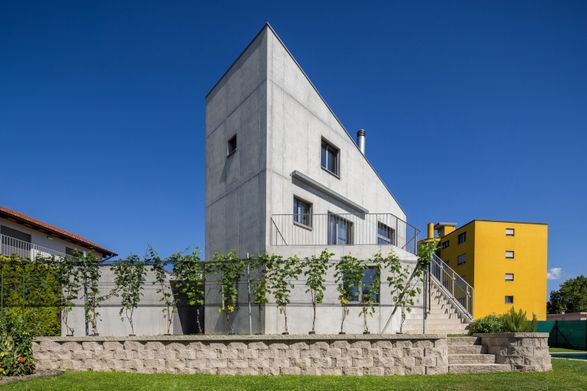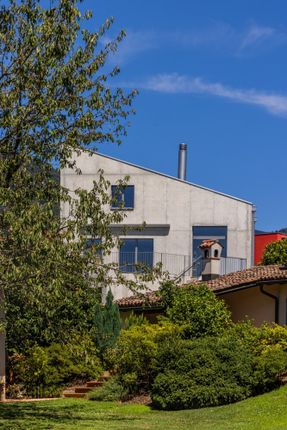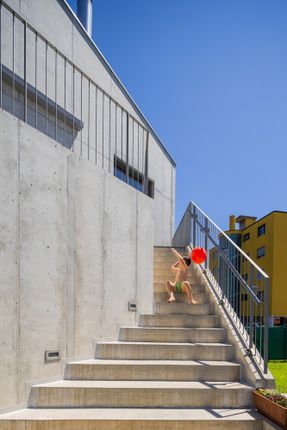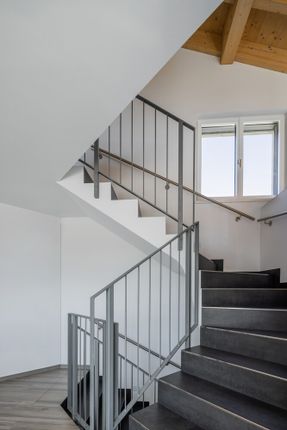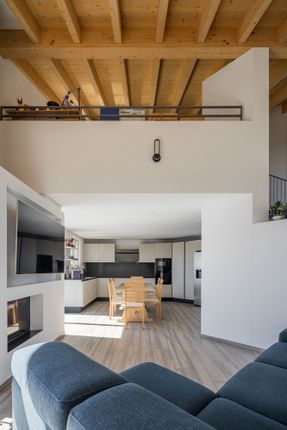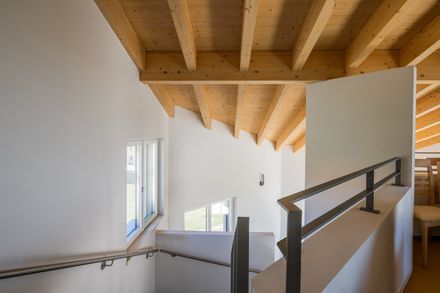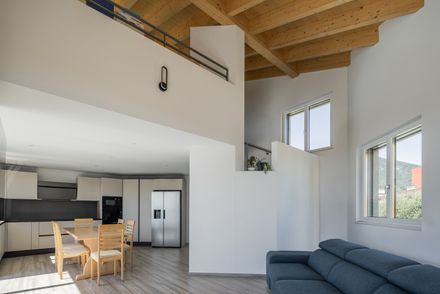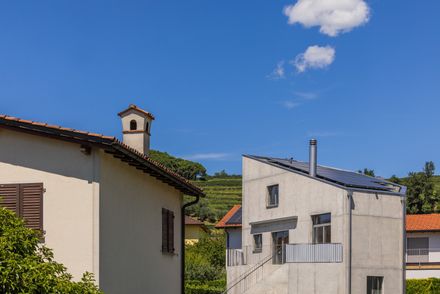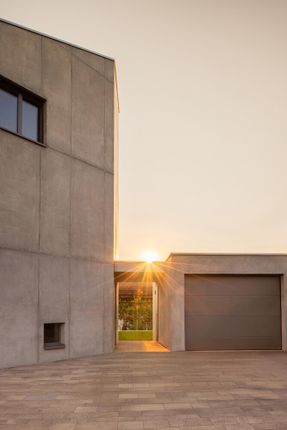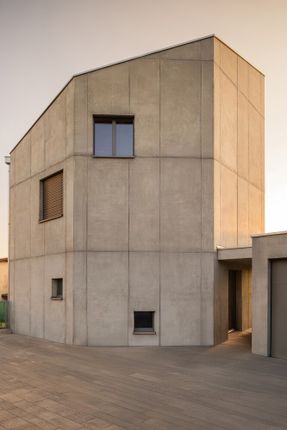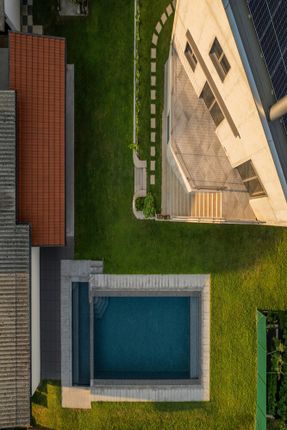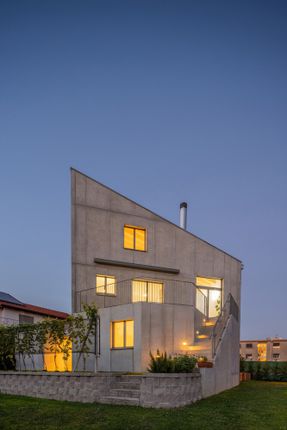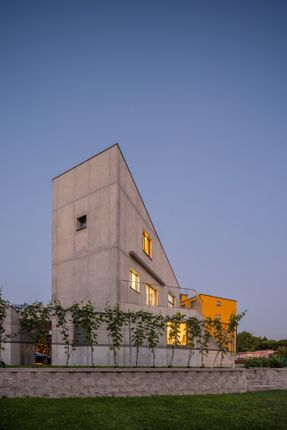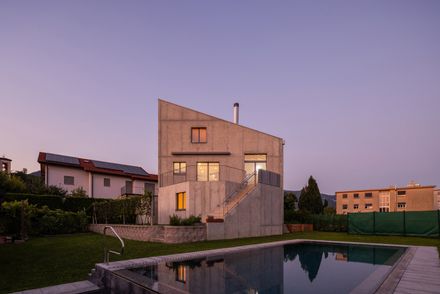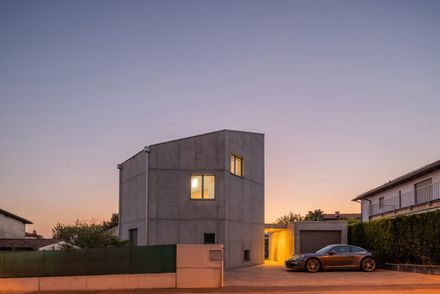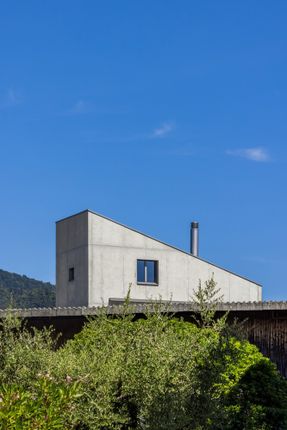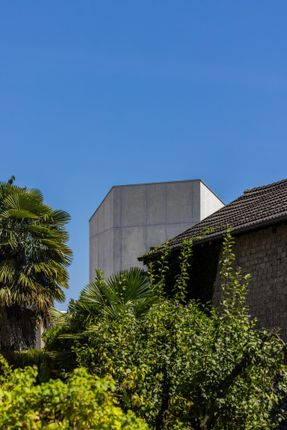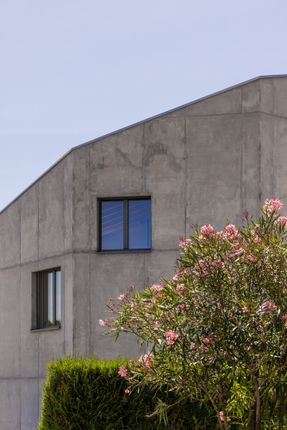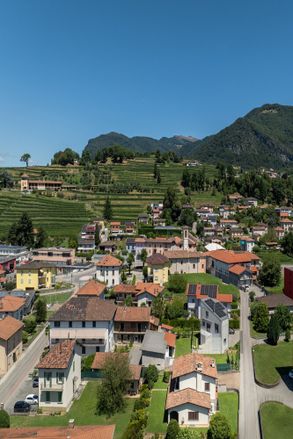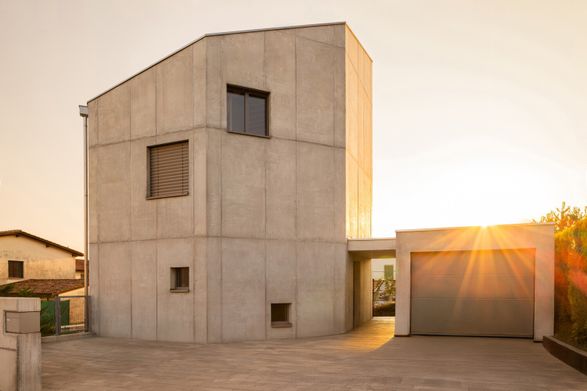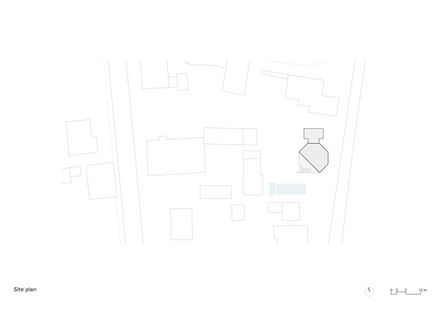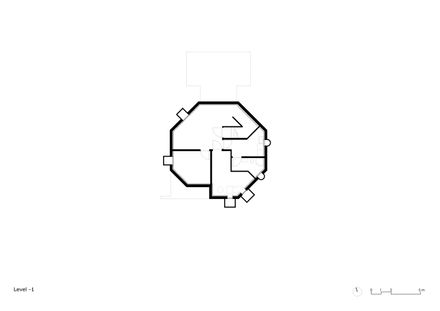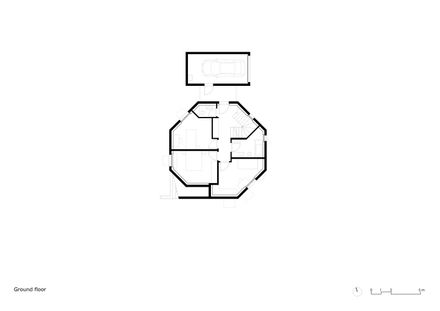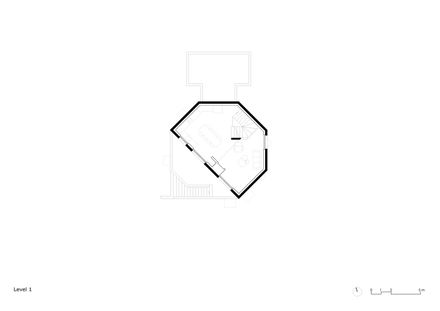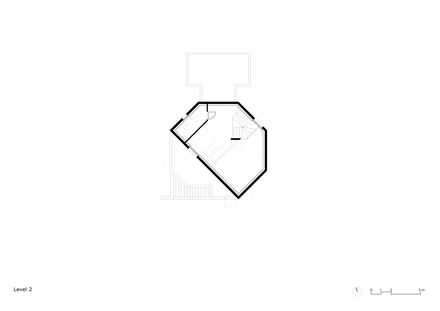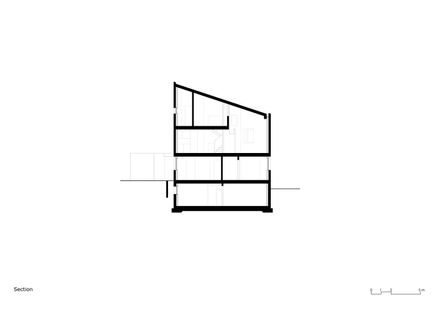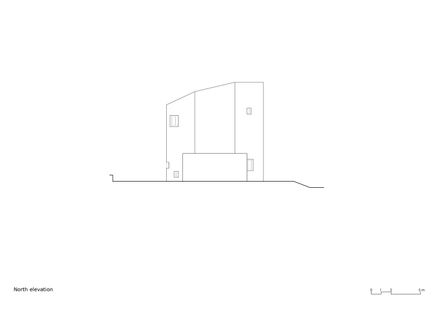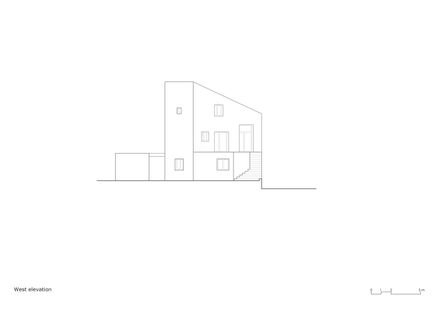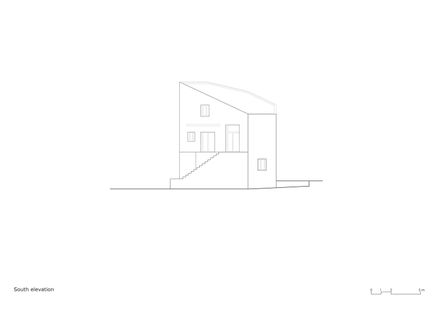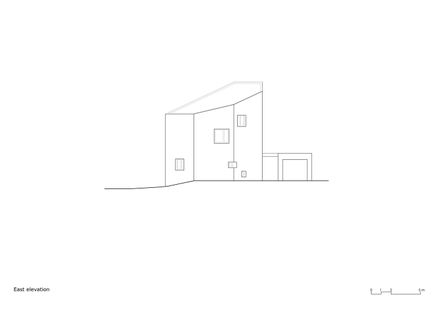
Swisshouse XL
ARCHITECTS
Davide Macullo Architects
OFFICE LEAD ARCHITECTS
Davide Macullo
DESIGN TEAM
Lorenza Tallarini
GENERAL CONSTRUCTING
Giuliano Anzani, Pietro Calderari Sa, Rancate, Ch
ENGINEERING & CONSULTING > STRUCTURAL
Pietro Calderari
ENGINEERING & CONSULTING > OTHER
Bpprog-energia, Carpenteria Bernet, Pirmin Murer Falegnameria, B+l Valsangiacomo, Fieni Danilo E Figlio, Swisstecnology, Metarredo, Regazzi Schermature Solari, Bernasconi Metalcostruzioni, Metarredo, Tecnocity, Fabio Rezzonico, Marco Rossi, Metarredo
ENGINEERING & CONSULTING > ELECTRICAL
Swisstecnology
PHOTOGRAPHS
Leonit Ibrahimi
AREA
111 m²
YEAR
2023
LOCATION
Coldrerio, Switzerland
CATEGORY
Houses
English description provided by the architects.
Swisshouse XL has a strong and distinctive character, reminiscent of traditional rural buildings. Located on the edge of the historical core of Coldrerio, it is set in a context where small structures once supported the agricultural activities of local families.
The octagonal plan is not only a formal gesture that subtly detaches - though not entirely disconnects - from the orthogonal grid of recent urban expansion, but also conceptually ties back to 19th-century architectural works in the region, such as the triangular house by architect Croci in Mendrisio.
The new single-family home is the residence of a young local family, deeply connected to Coldrerio both physically and emotionally.
Together, we sought to create a built environment that integrates into the urban and landscape context while capturing the area's historical and developmental characteristics.
The project emphasizes the unique position of the building, situated at the intersection of two urban conditions: the historical core on one side and the more recent expansion on the other.
This transitional location inspired the central octagonal shape - envisioned as an urban pivot and as a symbolic gesture of a "house beyond the walls," marking its place within the rural landscape.
The west-facing cut at the top of the volume visually lightens the elevation towards the north, echoing the verticality found in the region's historical architecture.
The diagonally cut roof becomes another sign of connection and dialogue, forming a pitch proportionate to those of older buildings and fostering continuity between old and new.
The external staircase linking the garden to the first-floor terrace - where the living area is located - also draws on typological elements from the past, reinterpreted as contemporary marks of a strong territorial presence.
These compositional choices shape the architectural identity of the house, defined by proportions rooted in and derived from the surrounding context.
Lastly, the single-story garage volume on the northern edge aligns with older buildings in the village core, tracing an ideal line of integration between the new construction and its adjacent historical fabric.
This building is a surprise - both austere and gentle in its expression. It is surprising because it embodies the spirit of the hard labor of cultivating the land, while also embracing the lightness created by geometric cuts that sharply define the volume in a unique way.
The interruption of the regular polygon emerges as a kind of excavation - a subtraction of matter from a precise, primary mass.
It is like a large stone, carved to create space for the best orientation, to host life in the transitional zone between inside and outside. The eye instinctively completes the original octagonal form, filling the void.
There's a balance between solid and void, between containment and projection, that captivates us. It restores the magic of building - of creating a place rather than just a space.
This sculptural volume wasn't born from a purely formal intent; rather, it was shaped by context - by its broader ecology and by the human dimension of the site.


